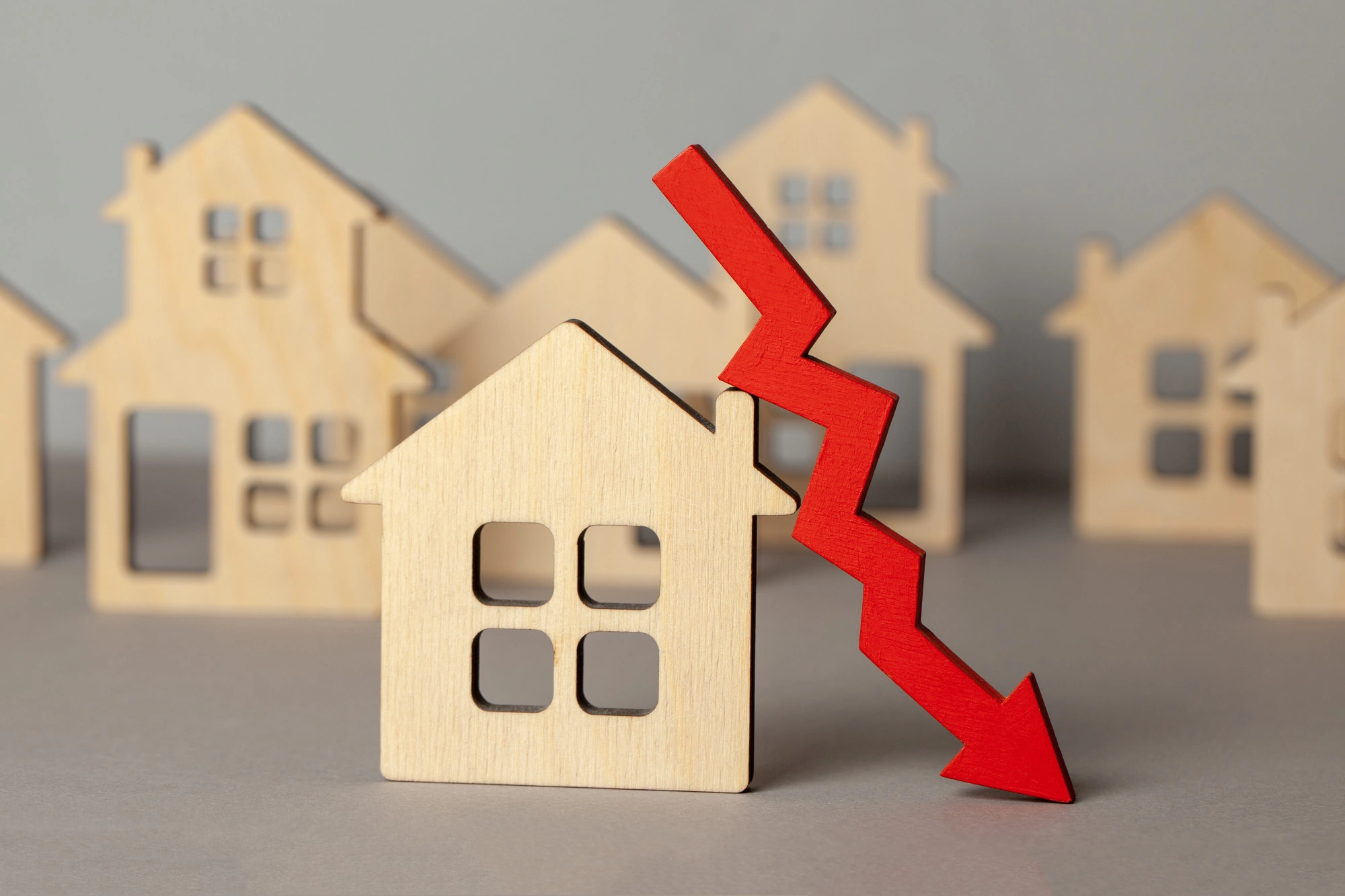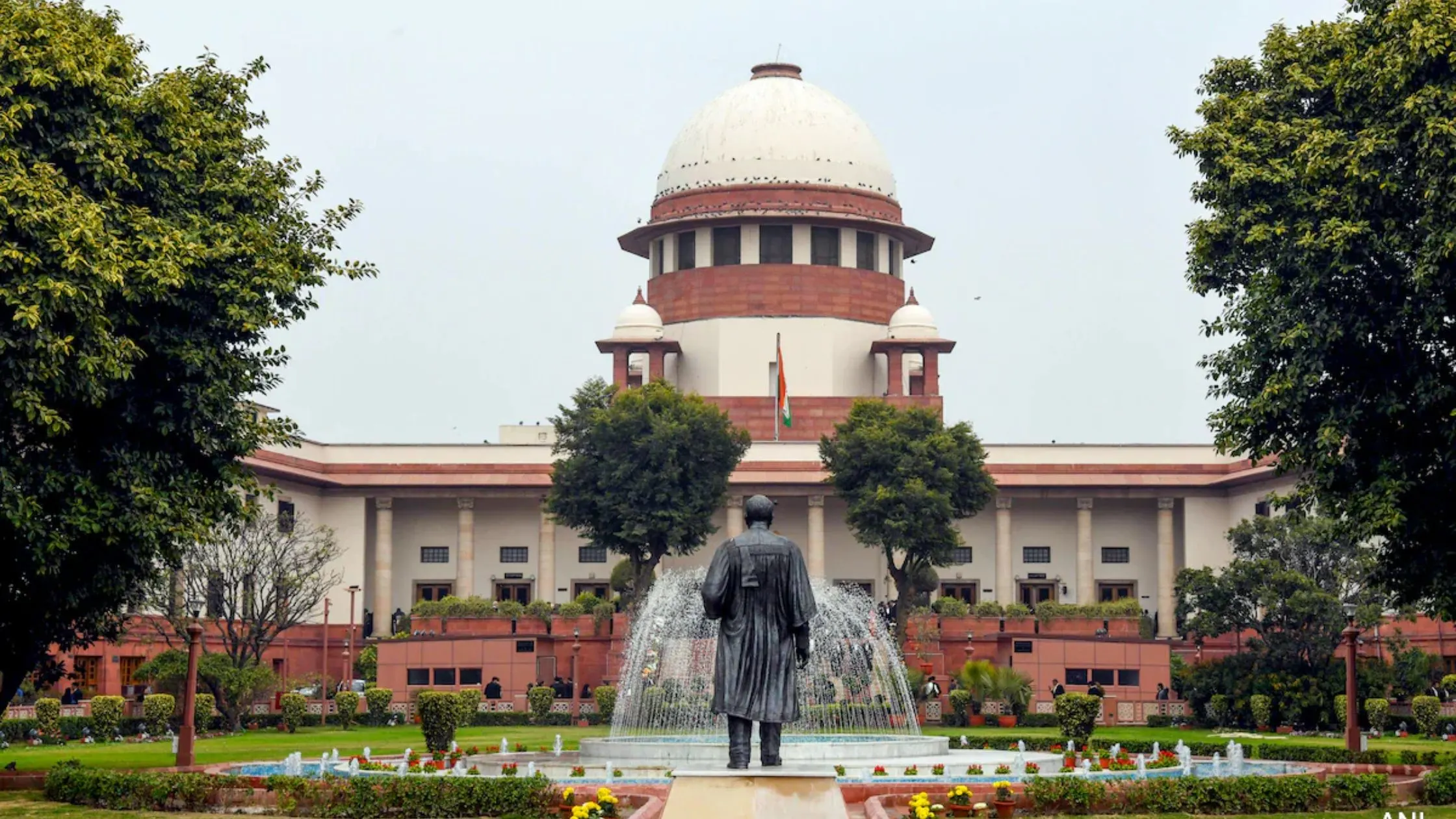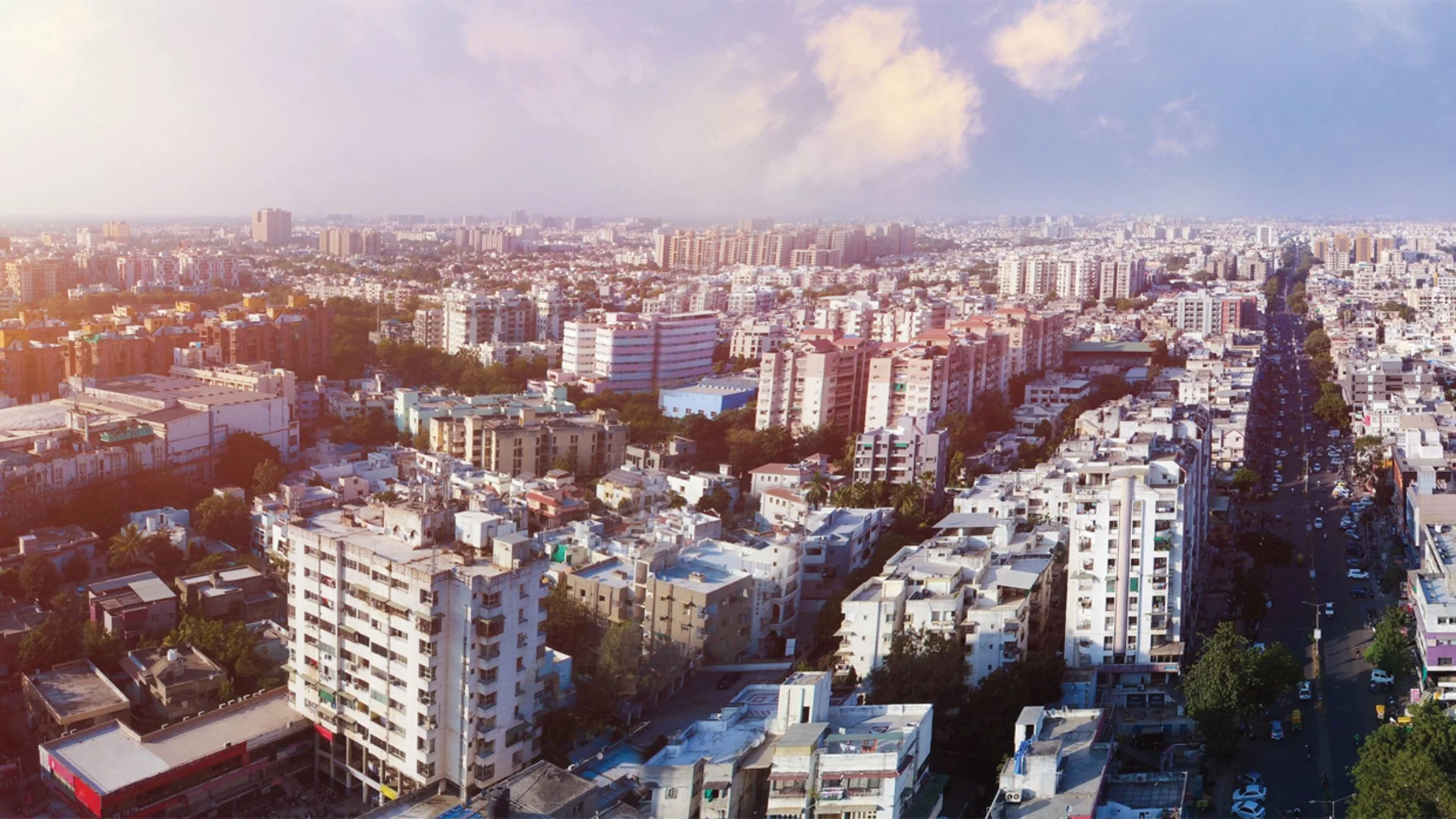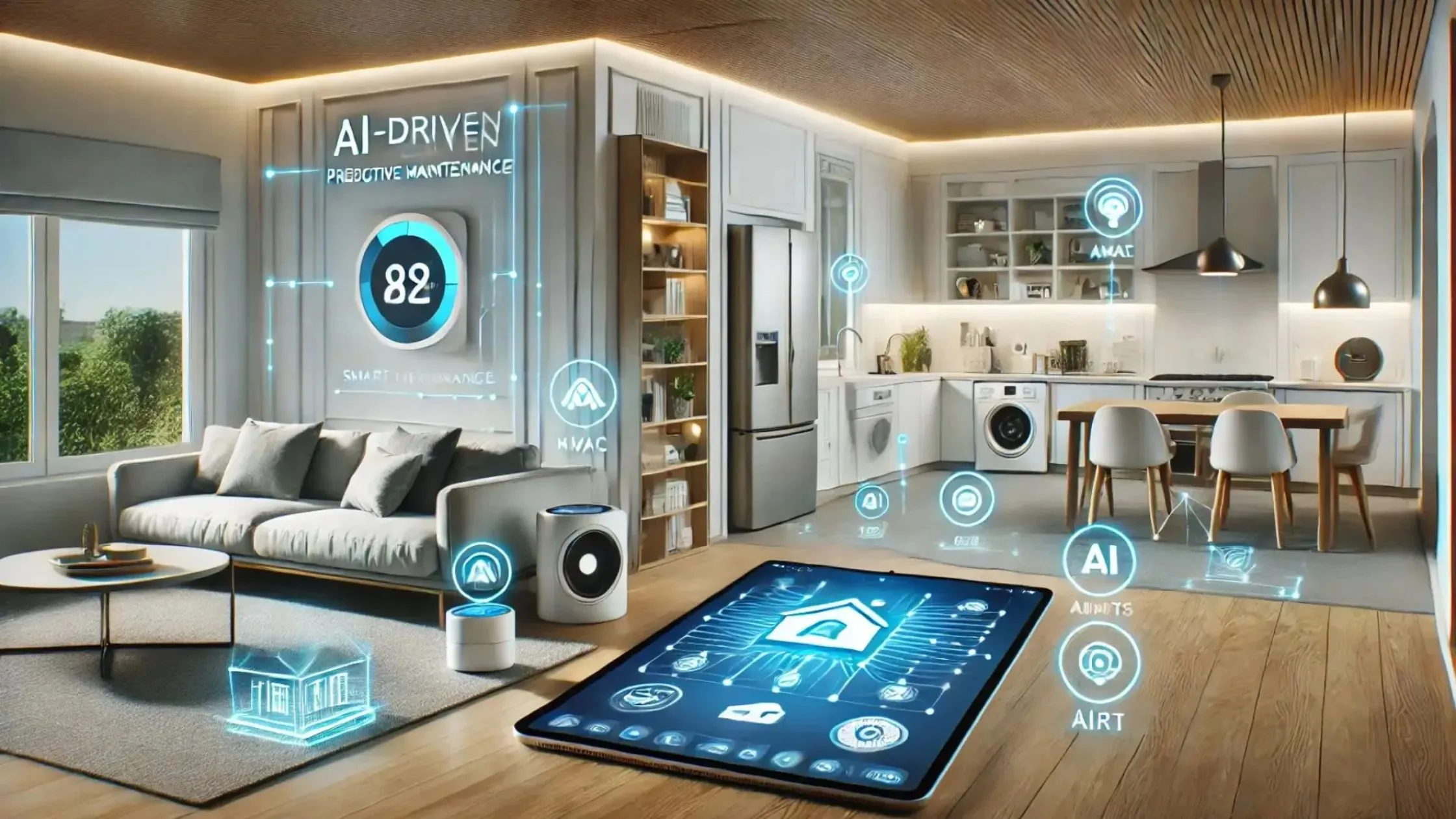Table of Content
▲- 1. Poor Curb Appeal
- 2. Outdated Interior Design
- 3. Lack of Proper Maintenance
- 4. Structural Problems
- 5. Bad Location
- 6. Environmental Hazards
- 7. Noise Pollution
- 8. Cluttered or Small Yard
- 9. Poor Energy Efficiency
- 10. High Property Taxes
- 11. Poor Renovation Choices
- 12. Foreclosures in the Neighborhood
- 13. Outdated Appliances
- 14. Lack of Natural Light
- 15. Unpleasant Odors
- 16. Poor Landscaping
- 17. Water Damage
- 18. Poor Floor Plan
- 19. Negative History
- 20. Proximity to Power Lines or Cell Towers
- Conclusion
When it comes to owning property, one of the most important aspects is its value. Over time, several factors can either increase or decrease a property’s worth. Understanding these factors helps homeowners and investors take necessary precautions to maintain or increase their property's value. In this article, we’ll explore the Top 20 things that reduce property value, along with practical tips on how to prevent these issues.
Let’s delve into the various factors that can lead to a decline in property value:
1. Poor Curb Appeal
The exterior of a house is the first thing potential buyers notice. An unattractive or poorly maintained exterior can reduce a property’s value significantly.
|
Key Elements That Affect Curb Appeal |
Solutions |
|
Overgrown lawns, peeling paint |
Regular landscaping, repainting |
|
Damaged sidewalks or driveways |
Repair cracks, clean pathways |
|
Faded or old front door |
Repaint or replace front door |
2. Outdated Interior Design
Outdated or unattractive interiors such as old-fashioned carpets, wallpaper, or obsolete kitchen and bathroom designs can diminish property value.
|
Interior Design Features |
How to Improve |
|
Old flooring or carpets |
Install new tiles, hardwood, or modern flooring |
|
Outdated kitchen cabinets |
Replace or repaint for a modern look |
3. Lack of Proper Maintenance
Neglecting routine maintenance such as leaks, electrical issues, or broken windows can reduce property value drastically.
|
Maintenance Issues |
Prevention |
|
Roof leaks |
Regular inspections, prompt repairs |
|
Faulty wiring |
Professional electrical inspections |
4. Structural Problems
Cracks in the walls, foundation issues, or sagging roofs can lead to a dramatic decrease in property value. Buyers are likely to avoid properties with structural concerns.
|
Structural Problem |
Solutions |
|
Foundation cracks |
Professional repair services |
|
Roof deterioration |
Timely roof inspections |
5. Bad Location
Location plays a crucial role in determining property value. If the neighborhood has high crime rates, poor schools, or is far from essential amenities, it can negatively impact the property's worth.
|
Location Factors |
Ways to Mitigate |
|
High crime rate |
Install security features, improve safety |
|
Lack of nearby amenities |
Highlight nearby positives during marketing |
6. Environmental Hazards
Homes located near landfills, factories, or areas prone to floods or wildfires may see a significant drop in value due to environmental hazards.
|
Environmental Hazard |
Solutions |
|
Proximity to landfill |
Regular cleaning, landscaping to block view |
|
Flood-prone area |
Invest in flood insurance, flood barriers |
7. Noise Pollution
Proximity to airports, highways, or busy streets can result in excessive noise, which is another factor that reduces property value.
|
Noise Source |
Mitigation |
|
Traffic noise |
Install soundproof windows, thick curtains |
|
Airport noise |
Use noise barriers, white noise machines |
8. Cluttered or Small Yard
Having a cluttered or small yard with no space for outdoor activities can be unappealing to potential buyers and affect the value.
|
Yard Issues |
Solutions |
|
Cluttered space |
Declutter, create organized outdoor storage |
|
Small yard |
Maximize space with smart landscaping |
9. Poor Energy Efficiency
Energy inefficiency can turn buyers away as they anticipate higher utility bills. Drafty windows, lack of insulation, or an old HVAC system can reduce a home's appeal.
|
Energy Inefficiency Issues |
Solutions |
|
Drafty windows |
Replace with energy-efficient models |
|
Old HVAC system |
Upgrade to a newer, energy-saving unit |
10. High Property Taxes
Properties with significantly higher property taxes compared to neighboring homes can be less appealing to buyers, leading to a drop in value.
|
High Property Tax Cause |
Solution |
|
Reassessment or local tax hike |
Appeal the tax assessment or inquire about exemptions |
11. Poor Renovation Choices
DIY renovations or poorly executed upgrades may result in loss of value. Not every home improvement project adds value, especially if it’s done cheaply or doesn’t match the house's style.
|
Poor Renovation Choices |
Fixes |
|
Low-quality materials |
Use professional services, quality materials |
|
Misaligned design |
Hire a designer for a cohesive look |
12. Foreclosures in the Neighborhood
Having a high number of foreclosed homes in your neighborhood can create a negative perception of the area, which may reduce your property’s value.
|
Impact of Foreclosures |
How to Handle |
|
Depressed market value |
Improve curb appeal, maintain property |
|
Negative neighborhood vibe |
Engage with local community efforts |
13. Outdated Appliances
Outdated kitchen and home appliances can deter buyers looking for modern, energy-efficient solutions, negatively affecting property value.
|
Outdated Appliance |
Upgrade Solution |
|
Old oven, refrigerator |
Install modern, energy-saving appliances |
14. Lack of Natural Light
Dark homes or rooms without sufficient natural light can feel unwelcoming. A well-lit home, on the other hand, attracts more buyers and holds better value.
|
Natural Light Issue |
Solution |
|
Dark rooms |
Add larger windows, skylights, or mirrors to reflect light |
15. Unpleasant Odors
Persistent bad odors, such as from mold, pets, or smoking, can drive potential buyers away and lower the value of your home.
|
Odor Source |
Fixes |
|
Mold, pets, smoking |
Clean thoroughly, use air purifiers, replace carpets if needed |
16. Poor Landscaping
A poorly maintained lawn or lack of landscaping can make a property look neglected and unattractive, decreasing its market value.
|
Landscaping Issue |
Solution |
|
Overgrown or dead plants |
Trim regularly, replant greenery |
|
Lack of curb appeal |
Hire professional landscapers, add low-maintenance plants |
17. Water Damage
Water damage, whether from leaky pipes or flooding, is a major red flag for potential buyers and can reduce property value significantly.
|
Water Damage Source |
Prevention |
|
Leaky plumbing |
Regular maintenance, fix leaks immediately |
|
Flooding |
Install proper drainage systems |
18. Poor Floor Plan
Homes with awkward or impractical layouts, such as small rooms or inconveniently placed kitchens and bathrooms, can reduce the property’s appeal and value.
|
Floor Plan Issue |
How to Improve |
|
Awkward room layout |
Consider remodeling to open up space |
19. Negative History
A property with a history of crime, accidents, or other negative events can scare off buyers, leading to a decrease in its market value.
|
Negative History Source |
Solution |
|
Crime or accidents |
Emphasize new safety measures, positive neighborhood changes |
20. Proximity to Power Lines or Cell Towers
Properties located near power lines, cell towers, or similar structures may see reduced value due to concerns over safety, noise, or unsightly views.
|
Nearby Infrastructure |
Mitigation |
|
Power lines, cell towers |
Plant tall trees to block view, focus on home upgrades |
Conclusion
Understanding the factors that reduce property value can help homeowners make informed decisions about maintaining or improving their homes. Regular maintenance, thoughtful upgrades, and staying aware of the neighborhood’s reputation are key to preserving a property's worth.
Also Read: Latest POP Design for Bedroom: A Comprehensive Guide to Modern Ceiling Designs


_1770964981.webp)




_1770976628.webp)
Ans 1. Poor curb appeal, outdated interiors, structural problems, and a bad location are some common factors that can reduce property value.
Ans 2. Neglecting routine maintenance like fixing leaks or electrical issues can lead to expensive repairs and reduce property value.
Ans 3. Yes, homes near landfills, factories, or flood-prone areas often experience a reduction in property value due to environmental concerns.
Ans 4. Outdated interiors or old appliances can make a home less appealing, reducing its overall market value.
Ans 5. Installing energy-efficient windows, upgrading the HVAC system, and improving insulation can increase your home's value by reducing energy consumption.